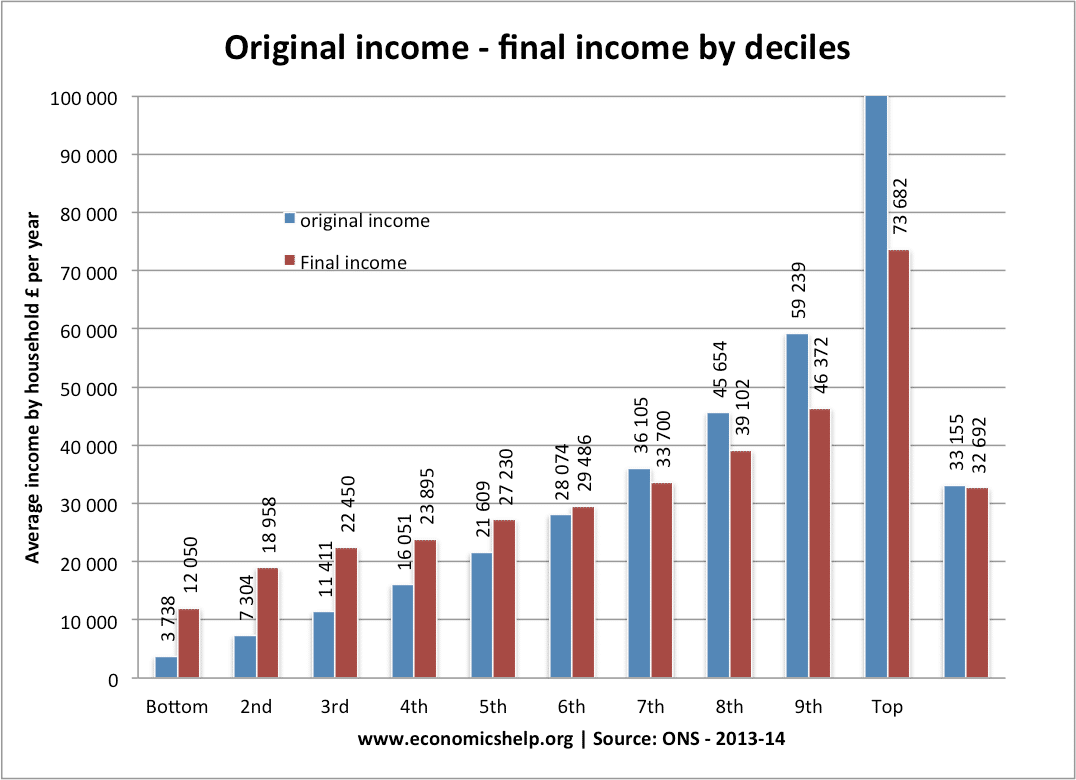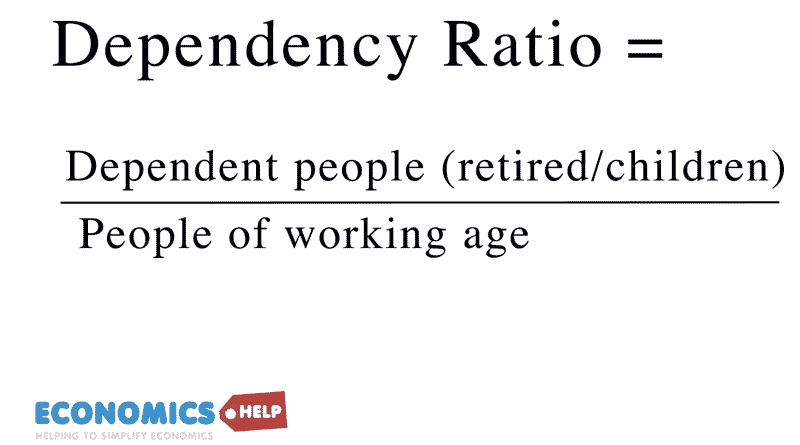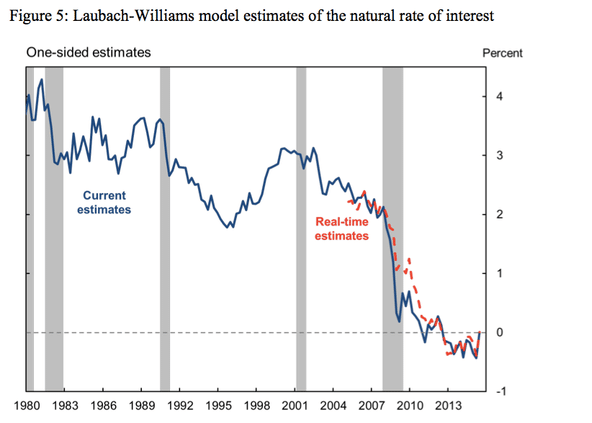Aggregate demand
Aggregate demand (AD) is the total demand for goods and services produced within the economy over a period of time. Aggregate demand (AD) is composed of various components. AD = C+I+G+ (X-M) C = Consumer expenditure on goods and services. I = Gross capital investment – i.e. investment spending on capital goods e.g. factories and …




